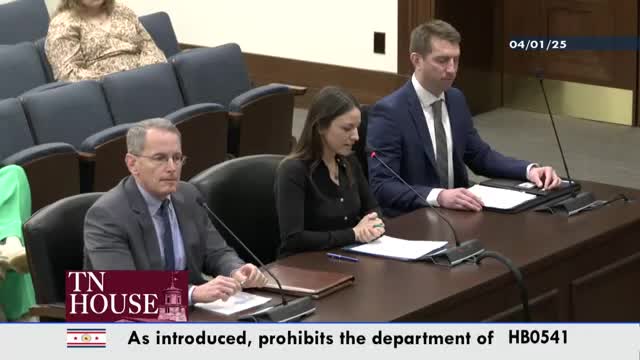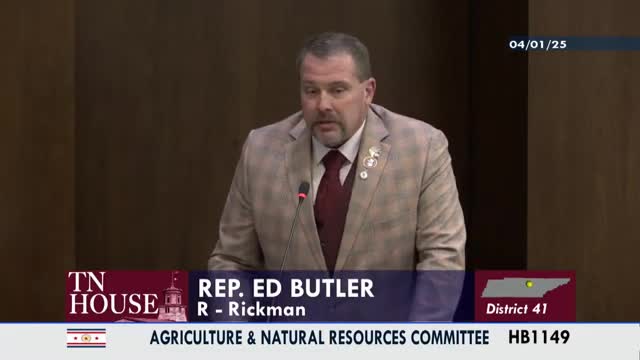Article not found
This article is no longer available. But don't worry—we've gathered other articles that discuss the same topic.

House committee advances bill to create Tennessee Farmland Preservation Fund after hours of testimony

Committee advances contentious wetlands bill after hours of testimony from conservationists and developers

Committee advances paddlesports pilot after contested testimony over ramp access and fees

